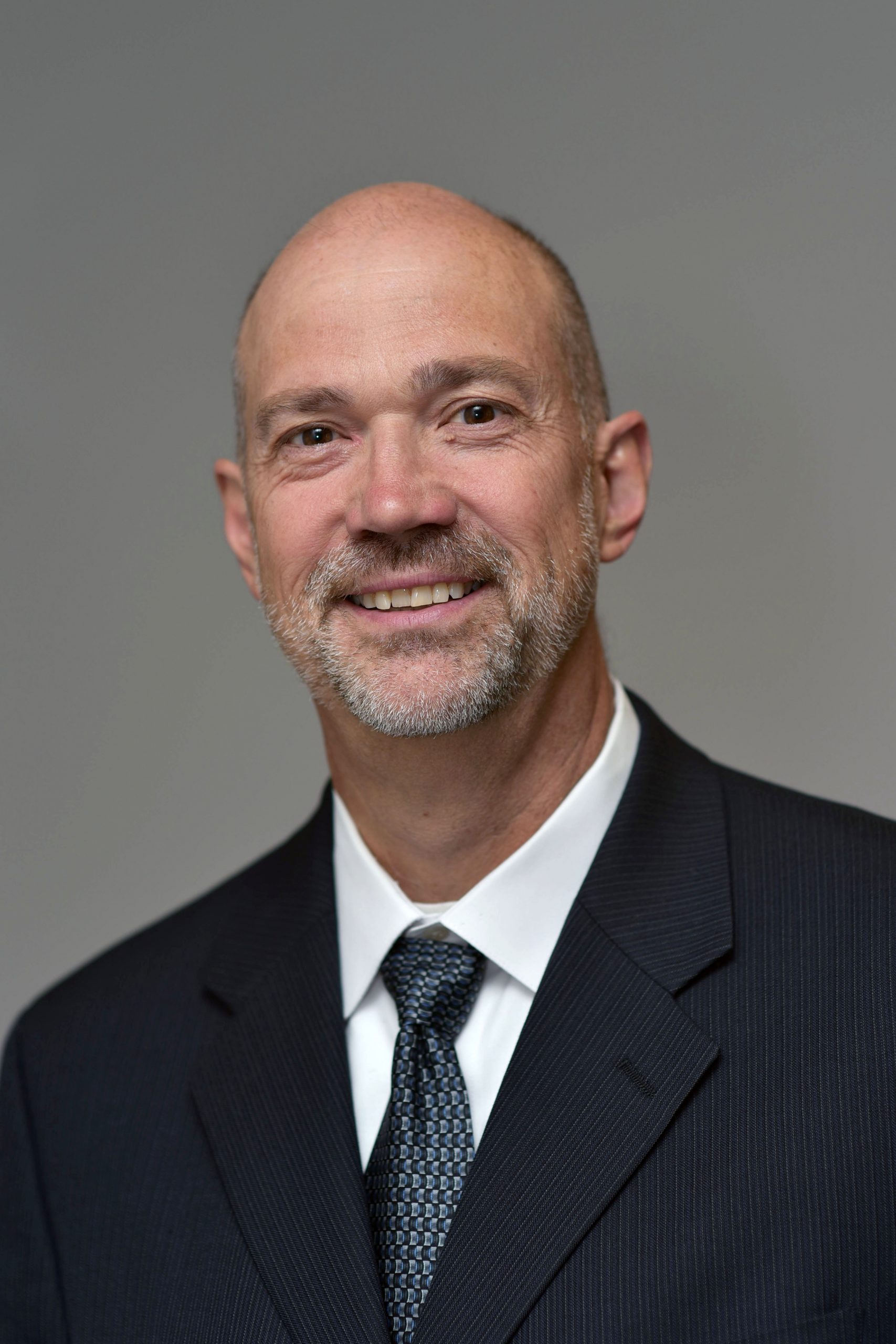ALBUQUERQUE, N.M. — An internationally recognized expert on the measurement and impact assessment of radiation doses to humans has been named a fellow of the Health Physics Society.

Charles Potter of Sandia National Laboratories, a certified health physicist since 1997, was honored recently at the 61st Annual Meeting of the Health Physics Society in Spokane, Washington, for his scientific, educational and administrative contributions to the profession of health physics.
“I appreciate the recognition for what I’ve tried to give back to the health physics field and the great opportunities the society has given me,” Potter said.
Potter, a distinguished member of Sandia’s technical staff, studies the effects and consequences of radiological terrorism and develops system solutions for national security challenges.
In November 2002, Potter became the only person to write an entire issue of the Health Physics Journal. The article contained data to help determine radiation doses humans would receive from inhaling more than 90 elements. One of the first of its kind, the tabulated values helped health physicists worldwide more easily calculate doses of inhaled radioactive materials without the need for costly or time-consuming computer codes.
Potter also is the lead author on 17 scientific articles on operational dosimetry, biological research and national security.
Potter is a founding member of the Department of Energy Laboratory Accreditation Program’s Radiobioassay Oversight Board, which reviews all applications to accredit DOE laboratories to test human waste for radiation.
Potter is “an active and meticulous participant in the deliberations and consistently demonstrated strong technical insight and excellent judgment,” wrote Steven Snay of the University of Massachusetts Lowell.
Potter has served on the National Council on Radiation Protection and Measurements Working Group to prepare an extensive report on evaluating internal radiation doses. He also has worked with the International Atomic Energy Agency, the International Organization for Standardization and many other organizations and industry.
Potter was an instructor at the Health Physics Society’s summer schools in 2002 and 2010 and has served as the president of the organization’s Rio Grande Chapter. He also worked with the society to hold a midyear symposium in Albuquerque in 2010 and chaired the Local Arrangements Committee for that meeting.
He also is an adjunct professor at the University of New Mexico’s Department of Nuclear Engineering where he teaches a graduate-level course on internal radiation dosimetry.
Potter holds a Bachelor of Science in physics from Trenton State College, now named the College of New Jersey. He received a master’s and doctorate in radiation health from the University of Massachusetts Lowell.
